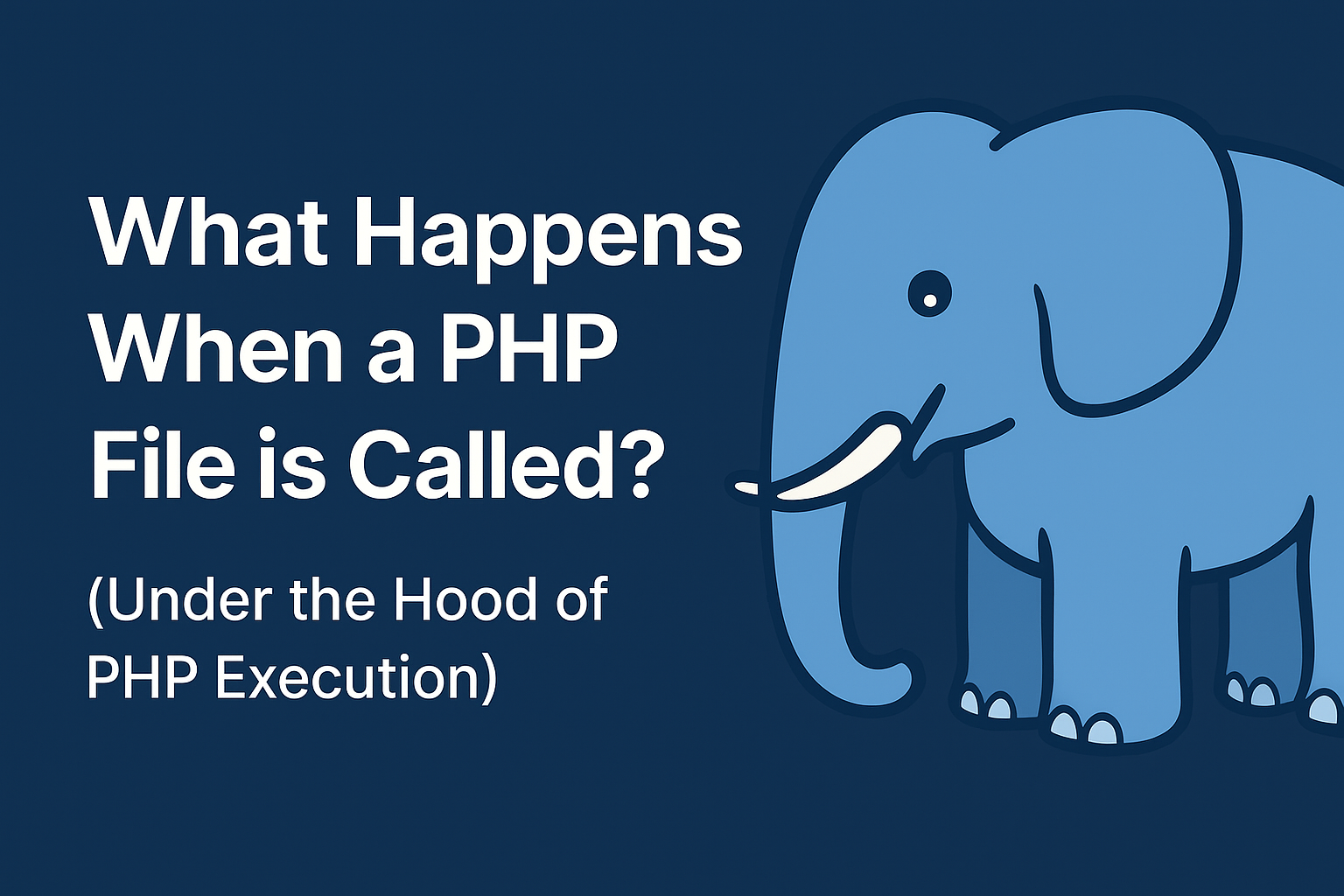Building fast and scalable APIs is essential for modern web applications. Laravel provides a robust framework for creating efficient APIs that can handle high traffic and scale with your application needs.
In this comprehensive guide, we'll explore advanced techniques for optimizing Laravel APIs, including efficient database queries, caching strategies, and proper use of Laravel's built-in features.
Setting Up Your API Structure
When building APIs with Laravel, it's important to establish a clear and organized structure from the beginning. Laravel's API resources feature provides an excellent way to transform your models into JSON responses.
php artisan make:resource UserResource
This creates a dedicated class for transforming your User model into a JSON structure, giving you fine-grained control over your API responses.
Optimizing Database Queries
One of the most common bottlenecks in API performance is inefficient database queries. Laravel's Eloquent ORM provides several tools to optimize these queries:
- Use eager loading with with() to prevent N+1 query problems
- Select only the specific columns you need
- Use chunking for large data sets
- Implement proper indexing on your database tables
Implementing Caching
For data that doesn't change frequently, implementing caching can significantly improve your API's performance. Laravel makes this easy with its Cache facade:
// Cache the result for 60 minutes
$users = Cache::remember('users', 3600, function () {
return User::all();
});Rate Limiting and Throttling
To protect your API from abuse and ensure fair usage, implement rate limiting using Laravel's built-in middleware:
Route::middleware('auth:api', 'throttle:60,1')->group(function () {
Route::get('/users', [UserController::class, 'index']);
});This limits authenticated users to 60 requests per minute.
Versioning Your API
As your API evolves, versioning becomes crucial to maintain backward compatibility. There are several approaches to API versioning in Laravel:
- URL versioning (e.g., /api/v1/users)
- Header-based versioning
- Query parameter versioning
Conclusion
By implementing these strategies, you can build APIs with Laravel that are not only fast and scalable but also maintainable and secure. Remember that performance optimization is an ongoing process, and regularly monitoring your API's performance is key to identifying bottlenecks and areas for improvement.



Comments
Leave a Comment
No comments yet. Be the first to comment!